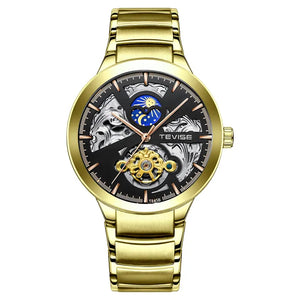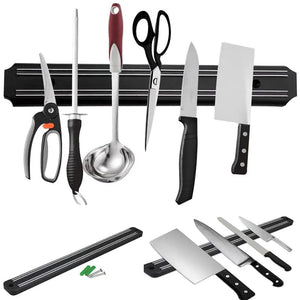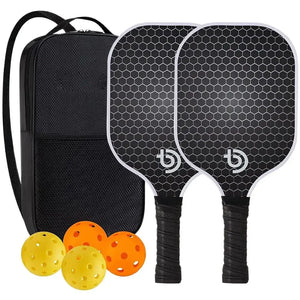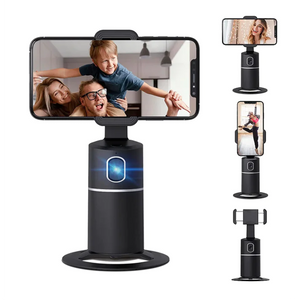
If your workout routine has taken a nosedive this summer, the problem might not be a lack of motivation or willpower – it could be that your exercise choices don’t align with your personality.
New research published in Frontiers in Psychology highlights how personality traits influence the types of physical activities people prefer, how often they exercise, and the benefits they ultimately gain from it.
The staff at Nifty Cool Stuff – our online lifestyle store – believes this connection between personality and exercise behavior may help explain why around 31% of adults fall short of the recommended 150 minutes of moderate-intensity activity per week.
Scientists at University College London (UCL), who led the study, suggest that tailoring workouts to fit individual personality profiles could be the key to helping more people build lasting fitness habits.

A Closer Look at the Study
The research team recruited 132 adults, all of whom underwent initial fitness testing and completed questionnaires to assess their levels of the “Big Five” personality traits:
- agreeableness,
- conscientiousness,
- extraversion,
- neuroticism, and
- openness.
Participants were then split into two groups. One group followed an eight-week home fitness program that included strength training and cycling workouts at various intensities. The control group continued with their usual routines but was given basic stretching exercises.

The researchers expected, as many might, that introverts would favor solo workouts while extroverts would thrive in group settings. And to some extent, the findings supported these assumptions – but they also revealed some unexpected insights.
Personality and Workout Preferences
Participants who scored high in extraversion did enjoy high-intensity interval training (HIIT) and aerobic testing in a lab setting. However, these same individuals were also less likely to complete the follow-up assessments, suggesting that initial enthusiasm didn’t necessarily translate into long-term commitment.

Interestingly, extroverts didn’t experience greater fitness gains compared to others, which challenges the idea that social and high-energy environments always lead to better results.
In contrast, individuals who scored high on neuroticism – those more prone to anxiety or mood swings – preferred lower-intensity exercises done at home, where they could avoid the pressures of being observed. These participants were also less likely to track metrics like heart rate, indicating a possible discomfort with self-monitoring.
Notably, among all personality types, only those high in neuroticism reported reduced stress after participating in the home-based exercise program.

Conscientious individuals – those who tend to be organized and goal-oriented – already demonstrated higher baseline fitness levels and reported exercising more frequently. While this trait didn’t predict how much someone enjoyed working out, it did correlate with consistency and physical readiness.
People scoring high in openness were less likely to enjoy structured workouts such as HIIT and threshold cycling rides, which involve controlled intensity levels.

However, they were more likely to complete follow-up testing, suggesting they were open to sticking with the research process even if the specific workouts didn’t align with their preferences.
This group may benefit from experimenting with more creative or varied fitness routines like dance, hiking, or emerging fitness trends that provide novelty and mental stimulation.

As for agreeableness, this trait was associated with enjoyment of longer, easier-paced workouts like relaxed bike rides. These individuals may prefer activities that are more collaborative or calming in nature rather than competitive or intense.
Matching Workouts to Personality
The study's findings point to a valuable lesson: choosing exercise routines that align with one’s personality can improve not just enjoyment but consistency and results. Knowing your nature can help you select workouts that you’ll actually look forward to, rather than ones that feel like a chore.

For example:
- Extroverts might benefit from team sports, fitness classes, or workout groups that offer social interaction.
- Conscientious people may thrive on structured classes with clear routines and progress tracking.
- Those high in neuroticism may find more comfort and success in solo, low-pressure workouts done at home.
- Open individuals could explore a range of activities to prevent boredom and keep things fresh.
- Agreeable types might gravitate toward gentler, more cooperative forms of exercise.

Exercise and Personality Go Both Ways
The relationship between exercise and personality isn’t a one-way street. While personality can influence the type of exercise you choose, consistent physical activity can also help shape and reinforce certain traits.
Regular workouts can boost discipline, increase sociability, and reduce traits like anxiety and emotional instability over time.

Tips for Building a Personality-Aligned Routine
Whether you’re restarting your routine or beginning a fitness journey, consider these practical steps:
- Understand your personality and preferences.
- Pick activities that naturally suit your temperament.
- Start small to build sustainable habits.
- Find support when needed – whether through friends, trainers, or online communities.
- Be patient and allow your routine to evolve with time.

There’s no universal workout that fits everyone, which is why Nifty Cool Stuff carries a variety of fitness equipment. By aligning your exercise with who you are, you’re more likely to find enjoyment, stay consistent, and reach your fitness goals – even when summer heat threatens to throw you off track.


















































